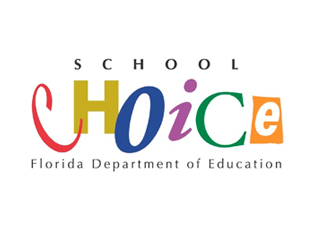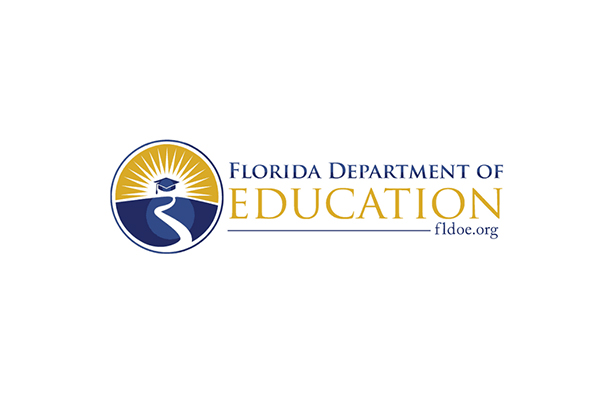Florida Homeschool Information
—Homeschool In Florida—
Homeschooling in Florida
NFC Academy Is A Provider in the Florida Empowerment Scholarship Program
Use Your Step-Up EMA Account To Pay for Programs At NFC Academy




Find Out What the State Says About Home Education
Florida School Choice
Click above to visit Florida School Choice.
NFC Academy Is An Approved Provider For The Florida Step-Up Scholarship

Florida’s School Choice and Scholarship Programs
Use Your Step-Up Scholarship At NFC Academy



9. Record Verification & Academic Planning by NFC Academy
-
Once approved:
-
NFC Academy verifies the student’s previous school records to confirm placement.
-
Based on grade level, NFC Academy provides:
-
Academic Plan for students in K–8th grade, or
-
Path to Graduation for students in 9th–12th grade
-
-
-
These plans ensure the student’s courses align with:
-
Florida requirements
-
The student’s academic history
-
Long-term educational goals
-
10. Parent & Student Approval
-
The parent and student review and approve the Academic Plan or Path to Graduation.
-
Approval confirms that:
-
Courses are appropriate
-
Grade level and pathway are correct
-
Everything is aligned before the student begins
-
11. Begin Courses
-
After approval:
-
NFC Academy provides login credentials and onboarding details.
-
The student may begin coursework according to the approved plan.
-
Key Reminders for Families
-
Previous school records are often required to ensure correct placement. Unoffical records can be used to begin, but accuracy is essential so the student is taking the correct courses so no work will need to made up. Offical records (from schools or homeschool records) are required to begin the student’s second semester at NFC Academy.
-
NFC Academy staff are available to help families choose wisely.
-
All purchases must be made through MyScholarShop using EMA funds.
-
Academic Plans and Paths to Graduation are reviewed and approved by both parent and student for accuracy and confidence.
Florida Empowerment Scholarship
Step-by-Step: Purchasing NFC Academy Course Bundles with EMA Funds
(Florida Empowerment Scholarship – FES)
1. Confirm Scholarship, EMA Access, and School Records
-
Ensure the student is approved for the Florida Empowerment Scholarship (FES).
-
The parent/guardian (EMA account holder) must have active access to the EMA portal.
-
Have the student’s previous school records available (report cards, transcripts, IEP/learning plans if applicable).
-
These records are often required to confirm the correct grade level, academic placement, and learning path before final enrollment.
-
2. Log in to the EMA Portal
-
Sign in to the EMA portal using the parent/guardian credentials associated with the scholarship.
3. Navigate to MyScholarShop
-
From the EMA dashboard, select MyScholarShop.
-
MyScholarShop is the only approved marketplace for purchasing educational services with EMA funds.
4. Search for NFC Academy
-
Use the search bar or browse by category (Curriculum, Courses, or Educational Services).
-
Select NFC Academy to view available course bundles.
5. Consult with NFC Academy (Optional but Encouraged)
-
Parents may consult with NFC Academy staff to:
-
Review the student’s prior school records
-
Confirm appropriate grade placement and course level
-
Determine the best bundle for the student’s academic path
-
-
Important:
-
NFC Academy can guide and advise, but all purchases must be completed by the parent through MyScholarShop.
-
NFC Academy cannot place orders on a family’s behalf.
-
6. Select the Appropriate Course Bundle
-
Choose the NFC Academy bundle that:
-
Matches the student’s grade level
-
Aligns with the student’s academic history and goals
-
Is clearly marked as EMA-eligible
-
-
Add the selected bundle(s) to the cart.
7. Review Cart & Submit Purchase
-
Review all details carefully:
-
Student name and information
-
Course bundle description
-
Total cost (must be within available EMA funds)
-
-
Submit the purchase using EMA scholarship funds through MyScholarShop.
8. EMA Processing & Approval
-
The EMA system processes the order.
-
Most eligible purchases are approved automatically if funds are available.
-
Order status can be monitored within the EMA portal.
Homeschool Resources for Florida
Homeschooling has been part of education for centuries. In earlier times, it was simple to begin without worrying about rules or oversight. Today, however, homeschooling regulations vary by state, and some families may find it more challenging to get started. That’s why NFC Academy provides helpful state-specific pages outlining homeschool laws—to guide and support you as you begin your journey.
In areas with stricter requirements, having reliable support is important. Organizations like the Home School Legal Defense Association (HSLDA) offer valuable legal guidance and protection, helping families stay informed and confident. With the right tools and resources, homeschooling can be a rewarding and manageable experience, no matter where you live.
Information on this page is intended for informational purposes for homeschool families in the specific state. The information supplied does not, nor is it intended to, provide specific legal advice. For specific legal advice, we recommend you consult an attorney. Membership with Homeschool Legal Defense may provide legal information for your situation, but you may prefer a local private attorney to review your situation to provide specific legal advice.



